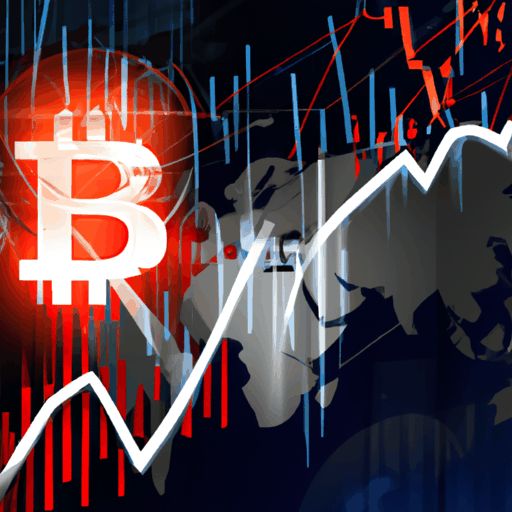
AI and Blockchain: Revolutionizing Industry and Redefining Economy
By: Eva Baxter
AI and blockchain technology are on the brink of ushering in a new era of economic transformation, with significant implications for industries and financial markets. Venture capitalist Kevin O'Leary articulated this vision, suggesting that AI will automate retail purchases, with blockchain handling payment processes. This integration of AI and blockchain is expected to revolutionize how transactions are processed, allowing autonomous AI systems to finalize purchases at various retailers through secure blockchain digital payment networks.
The foundation for such a transformation is visible in the actions of emerging AI giants like OpenAI. OpenAI has embarked on a massive $300 billion hardware expansion initiative, creating a circular economy among its chip suppliers, such as AMD and Broadcom, financiers, and energy providers. This collaboration is aimed at delivering unprecedented compute power, with strategic partnerships ensuring the fulfillment of hardware need from 2026 through to 2029. Such initiatives represent a cornerstone for what could soon become the largest privately-financed infrastructure project in technology history.
The scope of these technological advancements goes beyond mere infrastructure. OpenAI’s agreements with AMD and Broadcom involve advanced GPU and custom silicon deployments, signaling significant leaps in AI’s processing capacity. This is paired with OpenAI and Nvidia’s existing commitments, which form part of a larger mosaic of agreements designed to perpetuate the AI economy, further underscoring AI’s foothold in the future of global financial markets. Experts from financial institutions like Bank of America have already forecasted AI's enduring impact, with predictions hinting at a potential market bubble driven by AI developments, though supported by knowledgeable players who foresee a stable future revolutionized by AI’s burgeoning utilization and energy demands.
As AI-driven applications in retail and financial technologies evolve, regulations and infrastructural needs will play pivotal roles. Power availability and cost are critical, with projections indicating significant increases in data center electricity usage, which necessitates new Power Purchase Agreements and sustainable energy sources. Meanwhile, regulatory landscapes continue to shift, with significant partnerships, such as that between Microsoft and OpenAI, being scrutinized for market power implications. These developments necessitate close monitoring by stakeholders, as AI and blockchain are poised not only to redefine retail and finance but also to cultivate a next-generation economic ecosystem.



